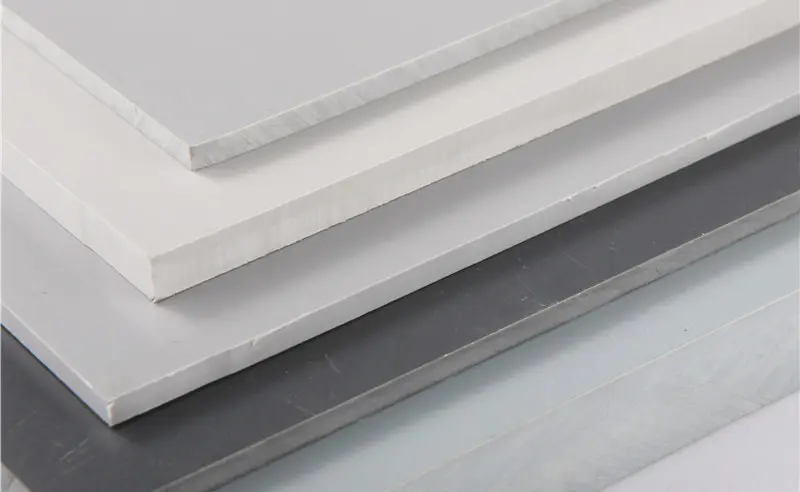Nov . 26, 2024 12:56 Back to list
HDPE Sprinkler Pipe Benefits for Efficient Irrigation Systems and Water Conservation
The Advantages of HDPE Sprinkler Pipes in Agriculture
In modern agricultural practices, efficient water management is vital for sustainable crop production. One of the leading solutions for effective irrigation is the use of High-Density Polyethylene (HDPE) sprinkler pipes. These pipes have gained favor among farmers and agricultural engineers for their unique properties and benefits in terms of performance, durability, and cost-effectiveness. This article delves into the advantages of HDPE sprinkler pipes and why they are becoming a popular choice in agricultural irrigation systems.
1. Durable and Resistant to Environmental Factors
HDPE is known for its exceptional strength and resilience. The molecular structure of HDPE gives it high resistance to impact, which is vital for outdoor use where pipes are often exposed to harsh environmental conditions. Whether it's UV radiation, extreme temperatures, or chemicals in the soil, HDPE sprinkler pipes can withstand these stresses without degrading, ensuring a long lifespan of the irrigation system. This durability leads to reduced maintenance costs and less frequent replacement of pipes, providing financial benefits for the farmer.
2. Lightweight and Easy Installation
One of the standout features of HDPE pipes is their lightweight nature compared to traditional materials like steel or concrete. This characteristic significantly eases the transportation and installation processes. Farmers can save on labor costs since fewer workers are needed to handle and position these pipes during installation. Moreover, the flexibility of HDPE allows it to be easily maneuvered around curves and obstacles, providing more design options for irrigation layouts.
3. Excellent Flow Characteristics
HDPE sprinkler pipes offer smooth inner surfaces, which minimize friction and allow for efficient water flow. This attribute is crucial for modern irrigation systems, where maximizing water delivery is essential for maintaining healthy crops. With HDPE pipes, farmers can ensure uniform water distribution across fields, reducing the risk of overwatering or underwatering specific areas, thus promoting better crop yield.
hdpe sprinkler pipe

4. Corrosion and Chemical Resistance
Agricultural environments often involve exposure to various chemicals and fertilizers. HDPE pipes exhibit high resistance to corrosion, which is a common issue with metallic pipes that can rust and degrade over time. This chemical resistance extends the life of the irrigation system and ensures that water delivered to the crops remains uncontaminated by materials that could leach into the irrigation stream. This feature is particularly beneficial for organic farming practices, where maintaining soil and water purity is a priority.
5. Cost-Effectiveness
While the initial investment in HDPE sprinkler pipes might be higher than conventional materials, the long-term savings are substantial. The durability, reduced maintenance needs, and efficiency of water delivery create a favorable cost-benefit ratio. Farmers can expect a return on investment through improved crop yields and lower operational costs over time. Additionally, the longevity of HDPE pipes makes them a smart economic choice for farmers looking to sustain their operations financially.
6. Environmentally Friendly
With increasing awareness of environmental issues, many farmers are looking for sustainable practices. HDPE is recyclable, and the production processes for HDPE pipes tend to have a lower environmental impact compared to traditional materials. By choosing HDPE, farmers can contribute to reduced plastic waste and support more environmentally friendly irrigation practices.
Conclusion
The introduction of HDPE sprinkler pipes to agriculture represents a significant advancement in irrigation technology. Their durability, lightweight nature, excellent flow characteristics, and resistance to environmental factors make them an ideal choice for modern farming. Furthermore, the long-term economic benefits and environmental considerations cannot be overlooked. As water scarcity becomes an increasingly prevalent issue, the efficiency provided by HDPE pipes will play a critical role in ensuring sustainable agricultural practices. By investing in HDPE sprinkler systems, farmers can optimize water usage, increase crop yields, and contribute positively to the environment, positioning themselves favorably for future challenges in agriculture.
-
High-Quality PPR Pipes and Fittings Durable ERA PPR & PVC PPR Solutions
NewsJul.08,2025
-
Black HDPE Cutting Board - Durable, Non-Porous & Food Safe HDPE Plastic Cutting Board
NewsJul.08,2025
-
High-Quality CPVC Panel Durable HDPE & PVC Panels Supplier
NewsJul.08,2025
-
Double PE Welding Rod Supplier - High Strength, Durable & Versatile Welding Solutions
NewsJul.07,2025
-
High-Quality PVC-O Pipe Supplier Durable 75mm PVC Pipe & Connections Leading PVC Pipe Company
NewsJul.07,2025
-
HDPE Drainage Pipe Supplier – Durable & Corrosion-Resistant Solutions
NewsJul.06,2025

